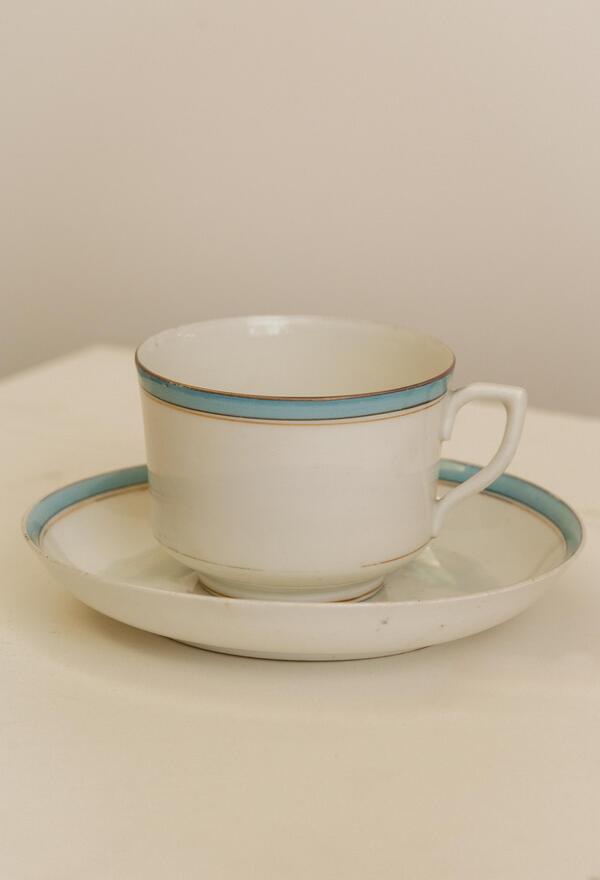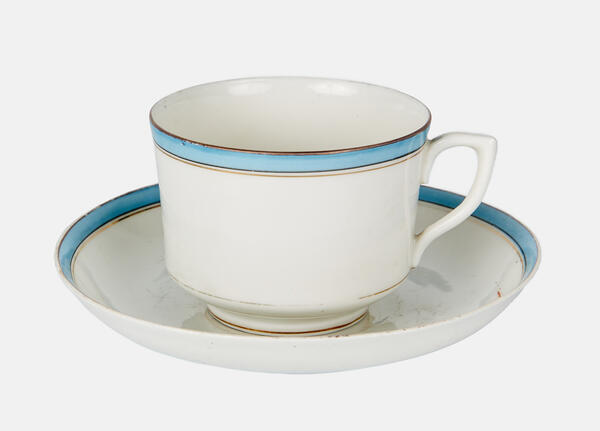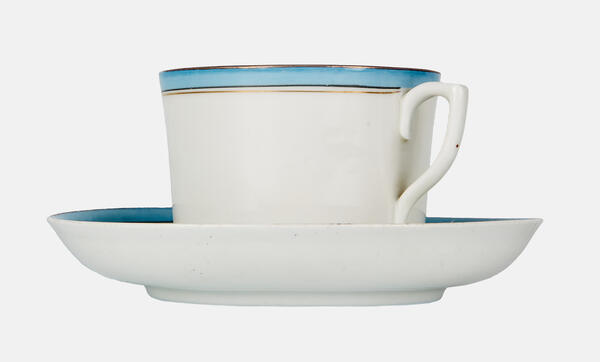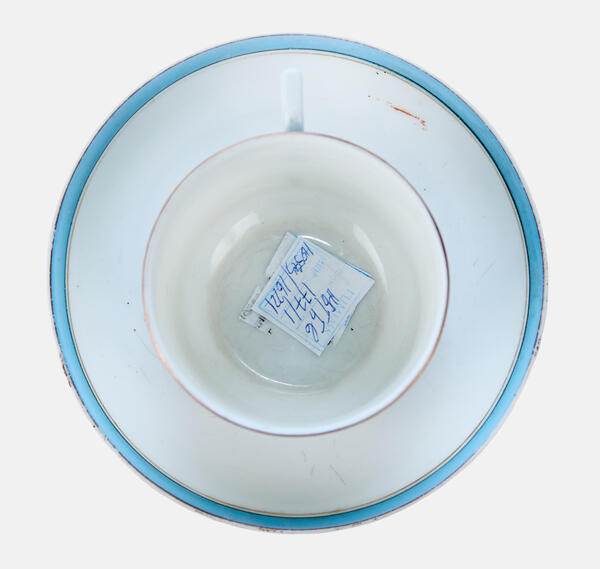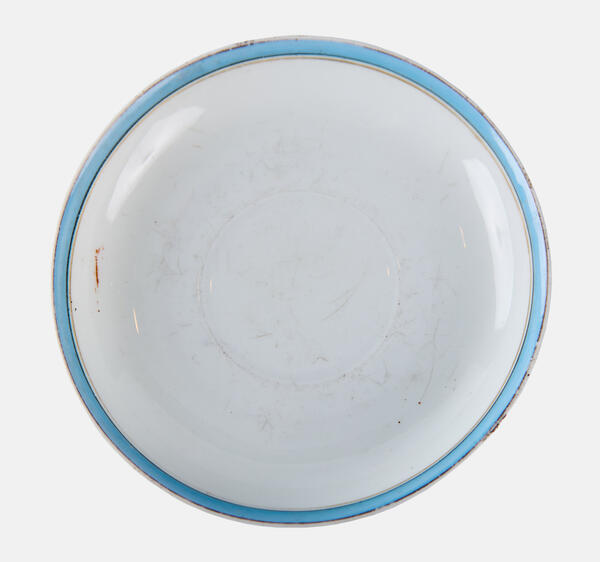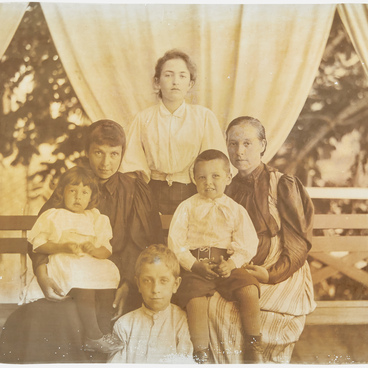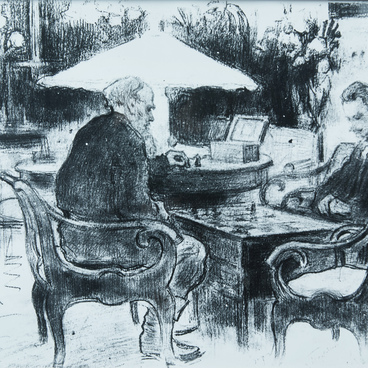Alexander Goldenweiser and Leo Tolstoy were bound by 15 years of friendship, so the Tolstoy theme is ever present in Goldenweiser’s life. Communication with the writer had a great influence on the formation of the musician’s moral character. After the death of Leo Tolstoy, Goldenweiser kept a few documents, a large photo archive, and memorial things that shed light on the spiritual connection between the two talented people.
The writer’s belongings were not just objects for the musician — they helped him create the effect of Tolstoy’s presence with the power of artistic imagination. In 1955, when a museum of the history of piano art was created in Goldenweiser’s apartment, an important place was given to the so-called Tolstoy Corner, where some of the writer’s personal belongings, donated by his family after the funeral, were put on display.
Some of the things relate to the happy time that Leo Tolstoy and Alexander Goldenweiser spent together. On August 28, 1908, the writer’s eightieth birthday, the musician brought a mechanical pencil sharpener as a gift. Since Tolstoy was ill, guests were not allowed to visit him, and Goldenweiser asked to give the gift to his friend. When Tolstoy got it, he invited Goldenweiser in. Tolstoy met the musician very affectionately — there were tears in his eyes. Goldenweiser showed how the sharpener worked and Tolstoy liked it very much: he was fascinated by such things like a child. This pencil sharpener had been standing on Tolstoy’s desk until the end of his life. He always showed it off and used to repair his guests’ pencils. After the writer’s death Goldenweiser asked to give him the sharpener back as a keepsake.
Tosltoy drank tea from an elegant porcelain white cup with a blue rim, when visiting Alexander Borisovich in 1905 in Telyatinki, where the Goldenweiser family were renting a dacha. After his visit no one drank from that cup — Goldenweiser forbade it. All these items became mute witnesses of those happy days that were spent in Yasnaya Polyana (the Tolstoy family estate) and were carefully kept by Alexander Goldenweiser and his family.

